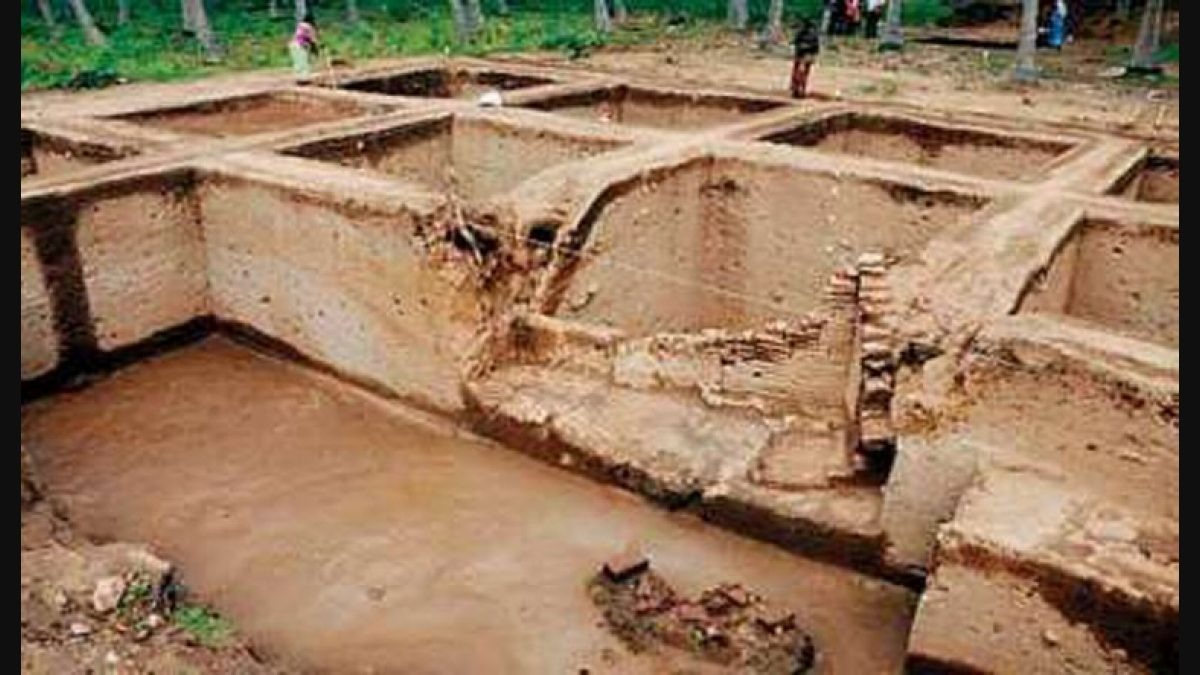
Follow WOWNEWS 24x7 on:
Updated: May 23, 2025 23:09

The Archaeological Survey of India (ASI) has asked archaeologist Amarnath Ramakrishna to revise his report on the Keezhadi excavation, a site that has provided significant insights into the Sangam-era civilization. The request for modifications has reignited discussions about the historical significance of Keezhadi and the broader implications of its findings.
Background of the Excavation
- Keezhadi, located in Tamil Nadu’s Sivaganga district, was identified as an important archaeological site in 2013-14.
- Excavations revealed evidence of an urban civilization dating back to the Sangam Age, with carbon dating confirming settlements from around 200 BC.
- Findings suggested that Tamil Nadu’s historical timeline could be pushed back to 800 BCE, challenging earlier assumptions about the region’s ancient history.
ASI’s Request for Report Modifications
- The ASI has asked Ramakrishna to resubmit his 982-page report after making corrections suggested by two experts.
- The revisions focus on refining the classification of historical periods and providing additional justification for dating estimates.
- The ASI emphasized the need for improved stratigraphical details and clearer mapping of excavation layers.
Controversy Surrounding the Revisions
- Some historians and archaeologists view the ASI’s request as an attempt to delay the publication of findings that could reshape historical narratives.
- Concerns have been raised about the treatment of southern archaeology and the potential suppression of discoveries that highlight Tamil Nadu’s ancient urban settlements.
- The excavation has drawn political attention, with debates over the recognition of Tamil heritage and its place in India’s broader historical framework.
Future Implications
- The revised report could provide further clarity on Keezhadi’s significance and its role in understanding early urbanization in South India.
- The findings may influence academic discussions on the timeline of the Sangam Age and its connections to other ancient civilizations.
- Stakeholders, including historians and policymakers, will be closely monitoring the ASI’s handling of the report and its eventual publication.
Sources: Moneycontrol, The Hindu, Deccan Herald



